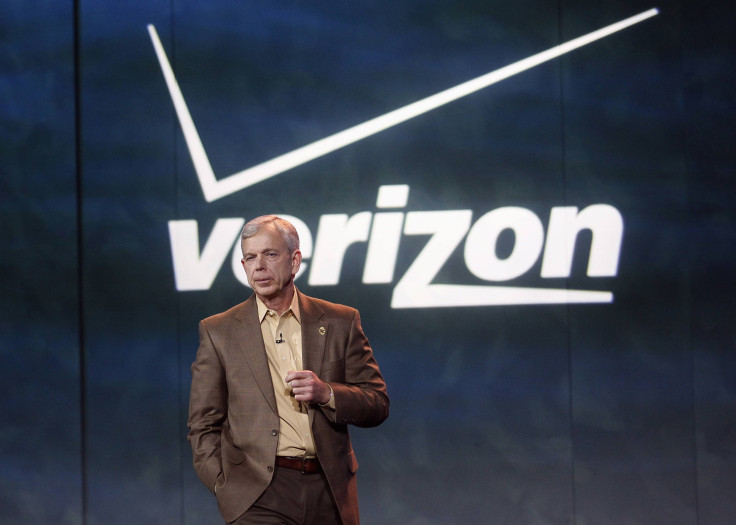Six-Strike Policy Back On, To Begin In January; Verizon Wireless Enforcement Methods Revealed

Newly reported documents offer a peek into the Verizon Wireless plan to combat online piracy when the long-awaited, Six Strikes scheme is rolled out in coming weeks. Like the customers of other broadband giants, Verizon subscribers who are accused of downloading movies or music illegally will be contacted and warned about their online use. The enforcement methods to be used by the ISPs have been a closely guarded secret.
AT&T, Cablevision Systems, Comcast, and Time Warner Cable will also be participating in the Six Strikes program, which was organized by entertainment-lobbying groups such as the MPAA and RIAA in response to the failure of the proposed SOPA/PIPA legislation.
Under the Six Strikes program, online users who download copyrighted content will be cautioned by their ISPs, with the warnings increasing in severity. The Six Strikes action was twice delayed -- most recently in November -- reportedly because of a lack of cooperation among the ISPs, who purportedly accused the MPAA and RIAA of hiring them to clean up what the lobbying groups couldn’t.
Details about what exactly will happen have been fuzzy, seemingly in part because of the bad public relations that'd come from the news that ISPs will now be monitoring a customer's bandwidth use and Internet habits.
Now, however, TorrentFreak has reported that the Six Strikes program will begin in the early weeks of this year, while posting details of Verizon’s program methodology, as stored on the company’s Web server. Excerpts follow:
“Alerts 1 and 2:
“Are delivered by email and automatic voicemail to the telephone number we have on file for you. Notify you that one or more copyright owners have reported that they believe your account has been involved in possible copyright infringement activity.”
“Provide a link to information on how to check to see if file sharing software is operating on your computer (and how to remove it) and tell you where to find information on obtaining content legally.
“Alerts 3 and 4:
“Redirect your browser to a special web page where you can review and acknowledge receiving the alerts. Provide a short video about copyright law and the consequences of copyright infringement.
“Require you to click on an “acknowledgement” button before you will be able to freely browse the Internet. Clicking the acknowledgement button does not require you to admit that you or anyone else actually engaged in any infringing activity, only that you have received the alert.
“Alerts 5 and 6:
“Redirect your browser to a special web page where you will be given several options. You can: Agree to an immediate temporary (2 or 3 day) reduction in the speed of your Internet access service to 256kbps (a little faster than typical dial-up speed); Agree to the same temporary (2 or 3 day) speed reduction but delay it for a period of 14 days; or Ask for a review of the validity of your alerts by the American Arbitration Association.”
Verizon’s approach to enforcement appears similar to those of AT&T and Time Warner, both of which permit the companies to throttle a user’s Internet connection if they deem it necessary. For downloaders, though, the devil is in the details. Another TorrentFreak report spelled out the language that ISPs used, revealing that they reserve the right to inform copyright holders should someone save disputed content.
It is unclear how successful the Six Strikes program will be, but after its creation was announced, a study by a Pirate Bay-affiliated research group found that more BitTorrent users than ever before had begun subscriptions to proxy services, effectively making them invisible online.
© Copyright IBTimes 2024. All rights reserved.











